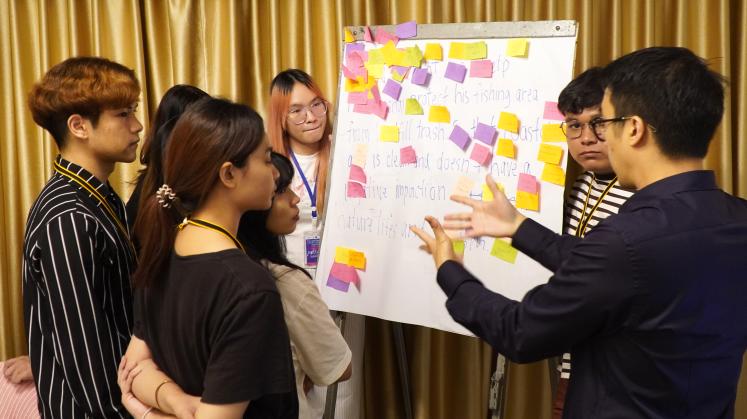In support of Action for Climate Empowerment (ACE) adopted by the UN Framework Convention on Climate Change (UNFCCC) to engage all members of society in climate action, UNU-IAS developed a competency framework for a youth net zero capacity development programme that is universally applicable to any country of implementation. The framework was designed to enhance young people's competencies (knowledge, skills and attitudes) for climate action, and to empower them to design and implement net zero projects in their communities. UNU-IAS piloted the implementation of the framework in Thailand in August 2023 as part of the K-eco Global Net Zero Partnership (K-GNP), a two-year cooperative project of UNU-IAS and Korea Environment Corporation (K-eco).
Based on the effective implementation of a net zero ideathon camp held in Thailand, this report provides guidance to any institution, group or individual intending to develop and implement capacity building programmes for youth focusing on decarbonization. It outlines the design of a training programme that systematically combines cognitive, social-emotional and behavioural aspects of learning, moving beyond traditional knowledge transmission and actively cultivating essential skills and positive attitudes.



